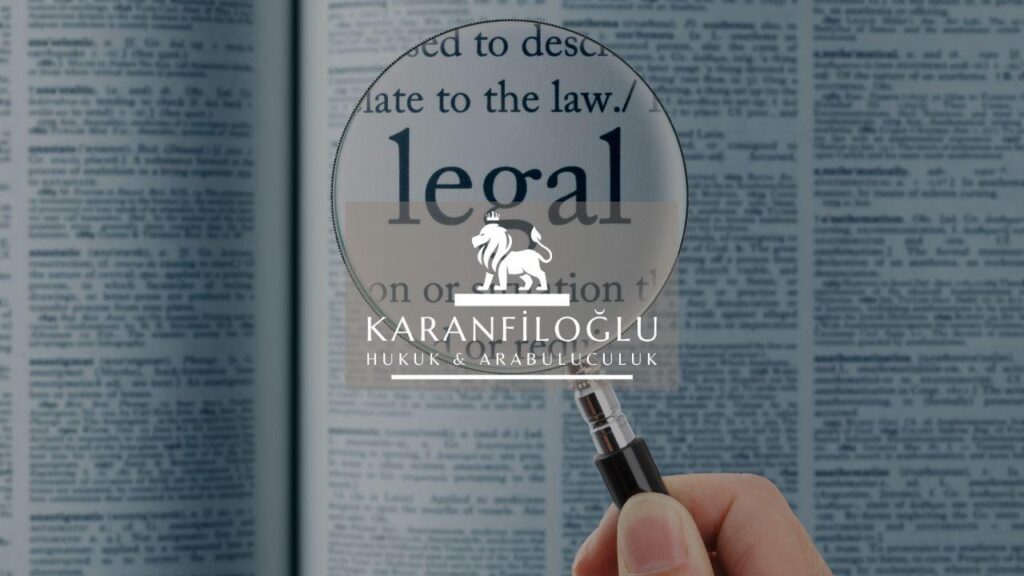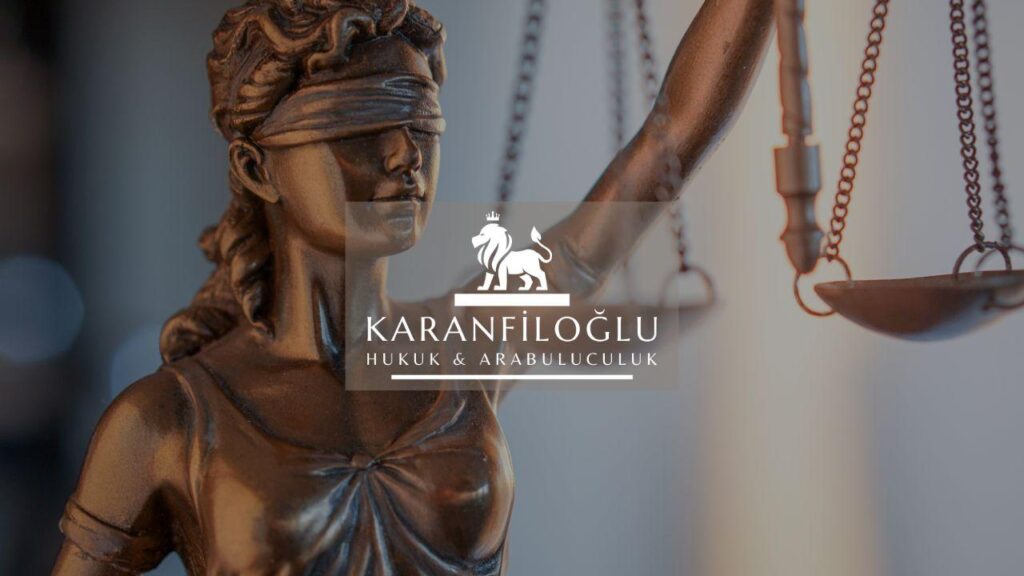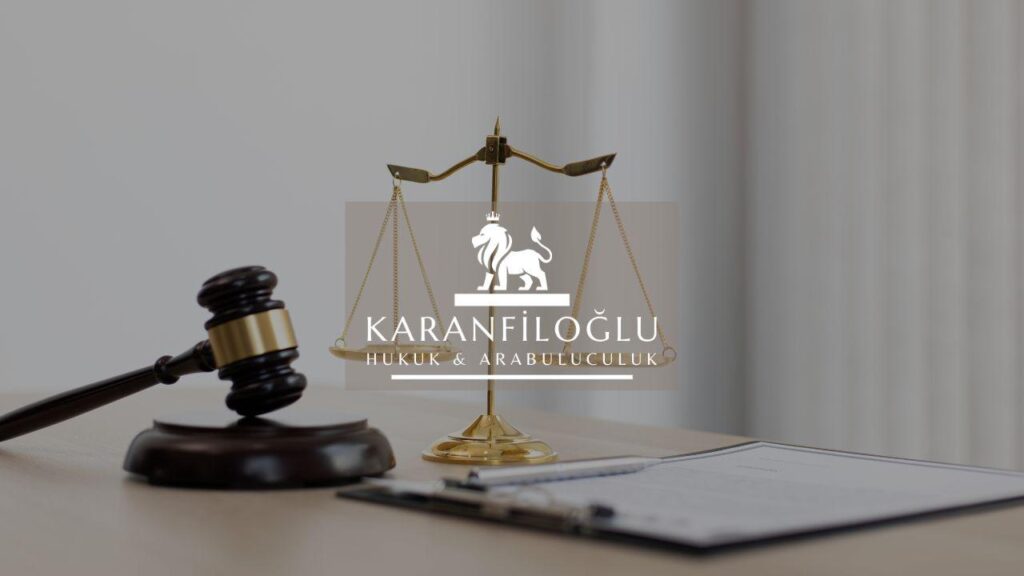Debt recovery in Turkey requires an astute understanding of the Turkish Execution and Bankruptcy Law (EBL), primarily outlined in Article 1 and subsequent provisions. At Karanfiloglu Law Office, we specialize in guiding clients through the complex processes involved in reclaiming outstanding debts. Initially, we initiate the procedure by sending a debtor a formal payment order, as stipulated in Article 60 of the EBL. Should the debtor dispute the claim, our experienced legal team steps in to contest the objection, leveraging the provisions of Article 68. If the debtor fails to pay or contest within the designated period, we proceed to enforcement actions, including asset seizure and liquidation under Article 78. Our comprehensive approach ensures that every step, from amicable negotiation to judicial remedies, adheres to Turkey’s stringent legal framework, thus maximizing the probability of successful debt recovery for our clients.
Understanding the Debt Recovery Legal Process in Turkey
Understanding the debt recovery legal process in Turkey involves familiarizing oneself with the detailed provisions of the Turkish Execution and Bankruptcy Law (EBL). The process commences with the creditor filing an execution request to initiate legal proceedings, as regulated by Article 58. Subsequently, the Execution Office issues a payment order, pursuant to Article 60, which is then served to the debtor. The debtor must respond within seven days to dispute the claim or face enforcement actions. If the debtor contests the debt, detailed procedures outlined in Article 68 are followed, involving the debt being examined by the Execution Court. This initial phase is crucial and requires meticulous adherence to legal timelines and procedures to ensure the creditor’s rights are upheld, and the debt recovery process proceeds efficiently.
If the debtor fails to comply with the payment order and does not contest within the designated seven days, the process advances to the enforcement phase. According to Article 78 of the EBL, creditors may request seizure of the debtor’s assets. The Execution Office then identifies and appraises the debtor’s assets, which can include bank accounts, property, and other valuable items. Upon successful identification and valuation, these assets can be auctioned off under Article 114 to settle the outstanding debt. Throughout this enforcement phase, it’s imperative to carefully follow the prescribed legal procedures to avoid any potential nullification of actions. Karanfiloglu Law Office ensures that all actions taken are in strict compliance with the law, thereby securing the best possible outcome for our clients.
Navigating the final stages of the debt recovery process involves the distribution of proceeds from the auctioned assets, regulated under Article 138 of the EBL. After the assets are sold, the Execution Office distributes the funds to satisfy the outstanding debt, after deducting any execution costs. If the debtor’s assets are insufficient to cover the full amount, the creditor retains the right to pursue the remaining debt through additional legal avenues. Karanfiloglu Law Office provides comprehensive support during this critical phase, ensuring that every step is executed with precision and in accordance with the prescribed legal norms. Our team stands by our clients, offering strategic advice and relentless advocacy to maximize debt recovery, even beyond the initial enforcement actions. With our expertise and dedication, we strive to achieve a thorough and effective resolution to each debt recovery case, securing the financial interests of our clients.
Key Legal Frameworks Governing Debt Recovery in Turkey
In Turkey, debt recovery is primarily governed by the Execution and Bankruptcy Law (EBL), which lays out the foundational legal processes and requirements. Article 1 of the EBL clearly establishes the jurisdiction and procedures for recovery actions, ensuring that creditors have a structured method to reclaim debts. Additionally, the Turkish Civil Code and the Code of Obligations provide supplementary legal mechanisms to support debt collection efforts. Notably, Article 58 of the EBL allows for the initiation of an enforcement proceeding without a prior court judgment, streamlining the recovery process. Furthermore, Articles 69 to 72 of the EBL articulate the rights and obligations of both creditors and debtors, offering a comprehensive legal framework that informs every stage of the debt recovery process. At Karanfiloglu Law Office, we leverage these key legal provisions, ensuring that each case proceeds in strict accordance with Turkish law for optimal client outcomes.
An essential aspect of the debt recovery process involves the debtor’s response to the payment order, as regulated by Article 62 of the EBL. If the debtor chooses to dispute the claim, a formal objection must be lodged within seven days. In such cases, Article 68 mandates that the creditor must initiate a lawsuit to annul the objection within six months, ensuring that the creditor’s claims are examined and adjudicated by the court. This objection stage is crucial as it provides a legal avenue for debtors to contest unfair claims while allowing creditors to substantiate their demands. Karanfiloglu Law Office meticulously navigates this contentious phase, leveraging strategic litigation and negotiation tactics to either resolve the dispute amicably or pursue rigorous legal action. By adhering to the defined timelines and procedures, we safeguard our clients’ interests and facilitate an efficient resolution to debt recovery cases.
Once the objection phase is resolved, Karanfiloglu Law Office moves forward with enforcement proceedings in accordance with Article 78 of the EBL. This stage often involves the seizure and liquidation of the debtor’s assets to satisfy the outstanding debt. Under Turkish law, this may include garnishment of wages, freezing bank accounts, or auctioning off property, as permitted by Articles 85 and 89. For commercial debts, we may also invoke provisions under the Turkish Commercial Code to enforce corporate liabilities. Throughout the enforcement process, our firm ensures that all actions are compliant with the regulatory guidelines to prevent any potential legal repercussions and uphold the integrity of the proceedings. By meticulously executing these enforcement measures, Karanfiloglu Law Office strives to secure the most favorable outcomes for our clients, achieving a swift and effective debt recovery.
Effective Strategies for Successful Debt Recovery in Turkish Courts
To ensure effective debt recovery through Turkish courts, it is crucial to meticulously prepare the case by gathering all pertinent documentation, such as contracts, invoices, and communication records. This initial step is vital, as evidenced in Article 68 of the Execution and Bankruptcy Law (EBL), which outlines the importance of substantiating claims with clear evidence. Once a solid evidentiary foundation is established, filing a comprehensive lawsuit with the appropriate court is the next step. Articles 125 and 126 of the Turkish Code of Civil Procedure provide specific guidelines on jurisdiction and procedural requisites that must be strictly followed to avoid delays or dismissals. Karanfiloglu Law Office takes a detailed, strategic approach at this stage, ensuring all legal documents are meticulously drafted and submitted, significantly improving the prospects of a favorable judgment for our clients.
Once the lawsuit is filed and the court issues a preliminary decision, the process of interim measures may commence, as governed by Article 257 of the Turkish Code of Civil Procedure. These measures can include temporary asset freezes or injunctions to prevent the debtor from disposing of assets, thus safeguarding the creditor’s claim. Obtaining such precautionary measures often involves demonstrating an imminent risk to the court, which Karanfiloglu Law Office accomplishes by leveraging comprehensive evidence and strategic legal arguments. Further, Article 200 stipulates that up to 50% of the claim amount may be secured through these interim measures, providing a critical financial buffer for our clients. Employing interim measures effectively ensures that the debtor remains accountable and significantly enhances the likelihood of successful debt recovery.
Following the implementation of interim measures, the next phase involves the court’s ultimate judgment and subsequent enforcement, as codified under Article 138 of the Turkish Code of Civil Procedure. At Karanfiloglu Law Office, our experienced attorneys ensure that the final court decision is executed without delay, initiating enforcement proceedings through mechanisms like garnishment, asset seizure, and liquidation as meticulously outlined in Articles 78 and 79 of the EBL. Our team also handles potential appellate procedures, adhering to the stringent timelines and requirements prescribed in Articles 361 and 362, to address any disputes arising from the initial court ruling. By closely monitoring each step and swiftly addressing any legal obstacles, we maximize the enforceability of the court’s decision, thus facilitating timely debt recovery. Our unwavering commitment to thorough legal representation guarantees that our clients receive their owed amounts efficiently and effectively within the Turkish judicial framework.
Disclaimer: This article is for general informational purposes only and you are strongly advised to consult a legal professional to evaluate your personal situation. No liability is accepted that may arise from the use of the information in this article.







